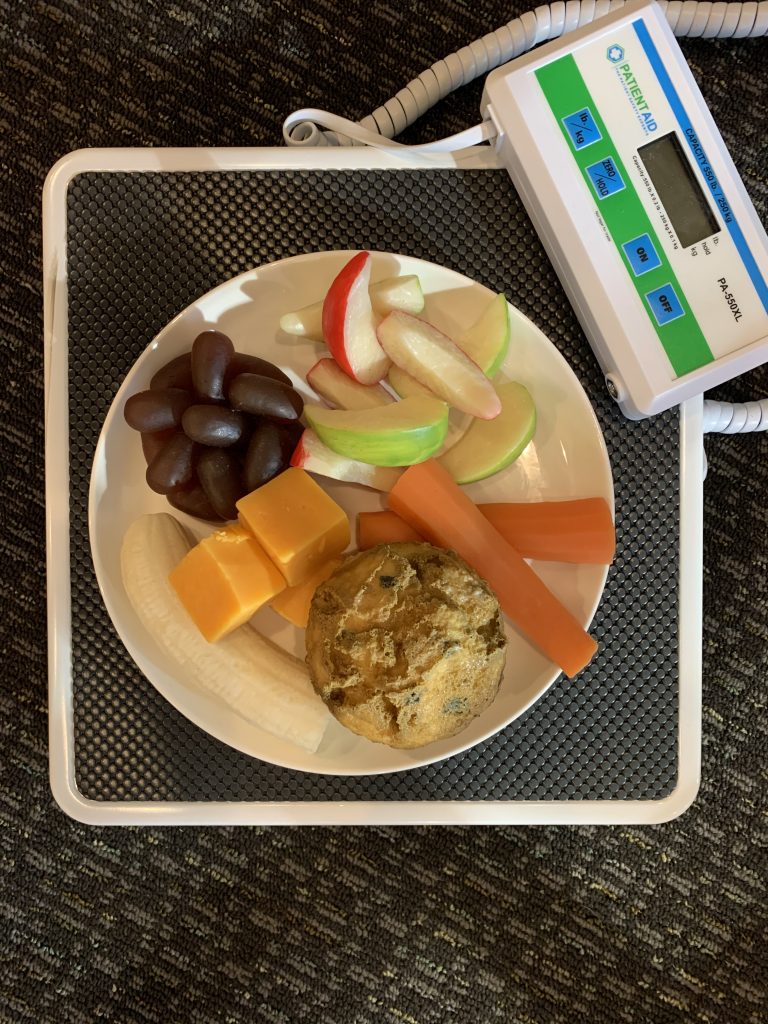November Monthly Newsletter
When to seek help for adolescents and teens
Morsel of the Month
It’s no secret that COVID-19 has impacted our collective mental health. A study administered in June by Qualtrics and reviewed by the Monash University Human Research Ethics Committee found that 40 percent of respondents reported one or more adverse mental or behavioral health conditions, such as anxiety disorder or depression. There is also a concern for people who struggle with eating disorders or who are at risk for them. The stress of the pandemic, together with empty shelves at the grocery store and/or stocked pantries at home, social isolation and economic anxiety may be fertile grounds for a relapse or the start of an eating disorder. As a trusted adult, you may have noticed some worrisome behaviors appearing in the adolescents and teens you care for. Children and teenagers are aware of the stress in the world and in the lives of the adults around them. They also may be experiencing stress about their schooling situations (virtual, in-person or hybrid), the availability or lack of extracurricular activities, the rules around their socializing, and their worry for their older or essential worker family members, plus all of the usual stressors of being that age. If you are concerned about changes in your child’s eating behaviors, it is important to talk to their pediatrician. There are also some warning signs and symptoms to look for. Please note, this is not a complete list of symptoms, nor does a person have to have all of the symptoms at the same time. See the National Eating Disorders Association’s website for more information on common symptoms of an eating disorder.
- Preoccupation with weight, food, calories, carbohydrates, fat grams, and dieting
- Refusal to eat certain foods, progressing to restrictions against whole categories of food (e.g., no carbohydrates, etc.)
- Frequent dieting
- Extreme concern with body size and shape
- Frequent checking in the mirror for perceived flaws in appearance
- Skipping meals or taking small portions of food at meals
- Appears uncomfortable eating around others
Intuitive eating is an evidence-based tool used in the treatment of eating disorders. It is a weight-neutral model that honors the individual as the expert of their own body and focuses on becoming more aware of the mind-body connection. Intuitive eating rejects the diet mentality and encourages people to make peace with food, hunger, satisfaction and fullness. However, it is important to know that if you suspect your child may be struggling with an eating disorder or experiencing changes in their eating behaviors, you should seek the care of a trusted healthcare team including their pediatrician, a mental health professional and a dietitian with experience in eating disorders.
If you have more questions about how to encourage your child to foster a healthy relationship with food, contact Athens Nutrition to speak with one of our dietitians.
Want to know more? Check out our free Nutrition, Mental Health and Immunity tip sheet on our website.
Nutrition News
Check out Gretchen’s new blog post about finding your motivation to create lasting healthy habits.
Athens Announcements
In case you missed it, Athens Nutrition will continue to provide the option of scheduling your nutrition sessions via our easy-to-use video-chat platform. Our HIPAA-compliant platform allows you to interact with your dietitian in real time as if you were in the same room. Whether you’ve seen us before or are brand new, telehealth is a convenient way to get the support you need without having to leave your house. Most insurances are covering telehealth appointments, so there may not be any out-of-pocket cost to you. Check out the telehealth information on our website and contact us to make an appointment.
Copyright © 2020 Athens Nutrition, All rights reserved.
Our mailing address is:
Athens Nutrition
27 W Athens Ave
Ardmore, PA 19003-1321
